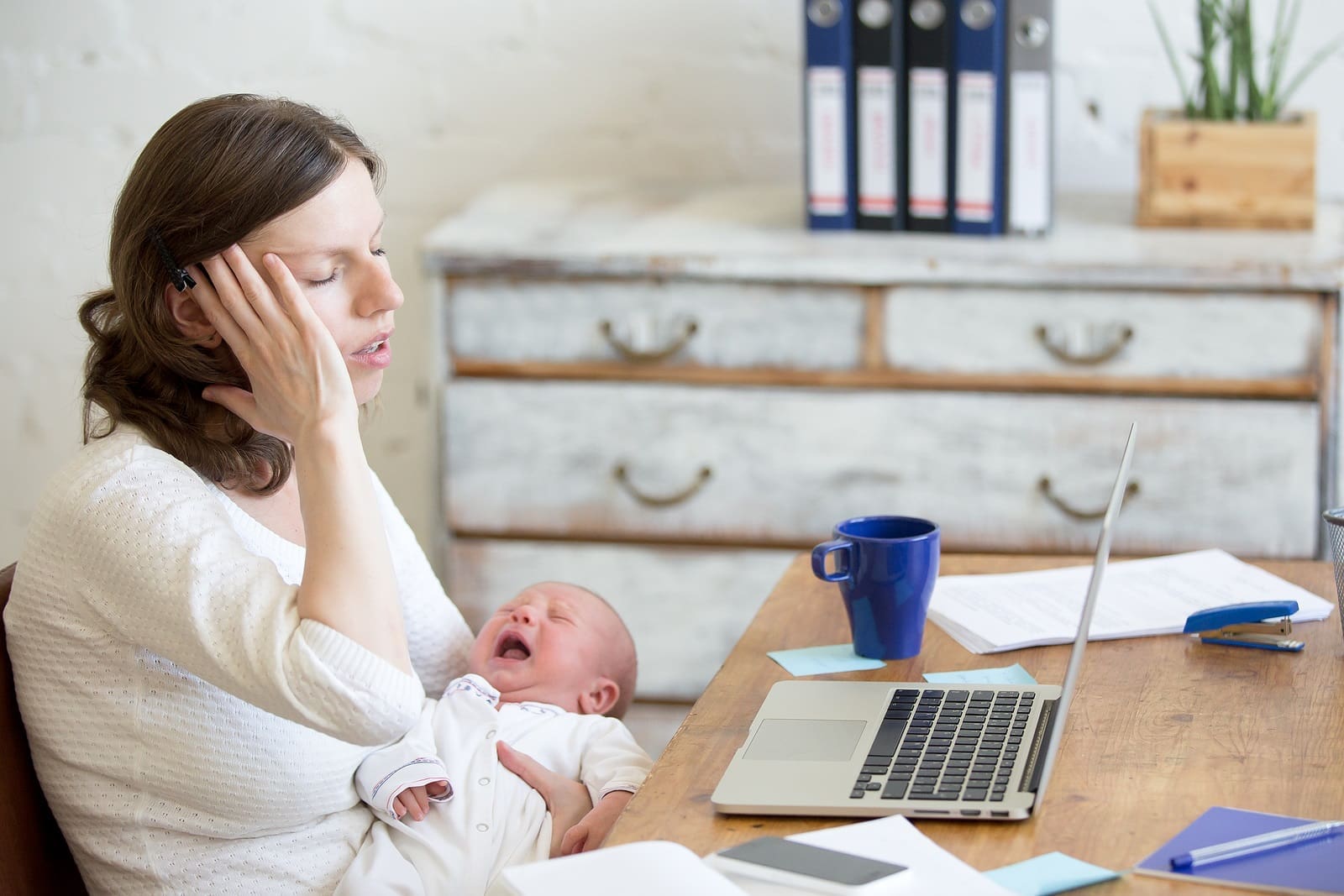The newly authorized drug, leucovorin, is becoming popular in the autism community, where some families have named it the “small bottle of hope”. While initial accounts and personal testimonials have sparked enthusiasm, medical experts point out that current scientific data remain quite limited, and more studies are needed to accurately identify the beneficiaries. Leucovorin is
Scientists at UC Davis are studying why some children develop autism, and their findings suggest that the type of work parents do before and during pregnancy may play a role. This doesn’t mean parents are at fault. Instead, it shows how specific environments and exposures could quietly shape a baby’s early development.
What the Study Found About Chemicals and Plastics
The research highlights what scientists refer to as “occupational exposures.” That means the chemicals or substances a person may come into contact with at their job. Whether it is on a farm, in a doctor’s office, in a garage, or in a factory, many parents are regularly around materials that most of us do not even think about.
Dr. Irva Hertz-Picciotto, who leads the Environmental Health Sciences Center at UC Davis, explains that when parents are exposed to certain chemicals during the months immediately preceding and during pregnancy, it may affect how a child’s brain develops. The study examined a range of jobs, including those involving pesticides, work with cleaning products, and careers related to pharmaceuticals. But the strongest findings were related to parents who work around plastics.
For families, this is important because plastics are everywhere in modern life. Scientists have noticed that children whose parents have higher exposure to plastics sometimes exhibit stronger signs of challenges, such as hyperactivity and language delays.
These observations do not mean that every child will be affected, but they suggest that chemical exposure during pregnancy warrants attention.
What makes the study even more meaningful is that it considered both mothers and fathers. The researchers examined the three months preceding pregnancy through birth. This time frame is crucial because the earliest stages of life — even before conception — can significantly influence a baby’s growth.
Protecting Families While Research Continues
Of course, many parents cannot simply leave their jobs. Work is essential, and no one should feel guilty for providing for their family. That is why the study emphasizes practical steps that might help. Parents can discuss with supervisors the possibility of reducing exposure, such as being reassigned to different tasks during pregnancy. Simple protections, such as wearing gloves or masks, can also lower risk. Small changes in routine may add another layer of safety.
The study involved more than 500 families, which gives weight to the findings, but researchers are clear that more work is needed. Federal workplace health experts joined the project, and over time, results like these may help shape stronger safety rules for expecting parents.
As Dr. Hertz-Picciotto gently puts it, “there is a message for employers too.” Creating safer environments benefits not only workers but also the children they hope to welcome into the world. For families, the hope is not fear, but empowerment — knowing that science is steadily uncovering ways to make pregnancy and early childhood healthier for everyone.
Families in Sacramento who are seeking support with autism, therapies, or educational guidance can turn to Sacramento ABA Therapy. Our team is dedicated to walking beside parents and children with care, understanding, and practical help.

